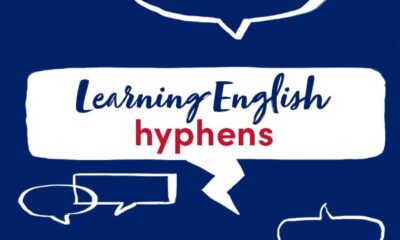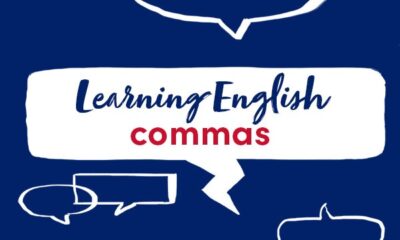Our last learning English article gave useful phrases you could use when talking about yourself.
This article will help your conversation skills even further by giving tips on how you can ask people for information.
After saying hello to someone, especially someone we know, we usually ask about their health, by saying How are you?
Hello, Jan. How are you?
It’s great to see you, Anna. How are you?
To answer that question, use I’m fine, thanks. or I’m good, thanks.
If you are not well, you could say Not great, really or Not too good, actually.
To ask someone you know about their life in general, use How are things? or How are things with you?
Hello, Jan. How are things?
Nice to see you, Karl. How are things with you?
When you are chatting to someone, you will want to ask them about their life. Use Tell me … for general questions.
Tell me about your family.
Tell me a bit about yourself.
Tell me about your work.
To ask someone to describe something, use What’s … like?.
What’s your course like?
What’s your home town like?
What’s your hotel like?
You can also use other general question words such as Where … ?, When … ? or Why … ?
Where is your office?
Where do you work?
Where are you staying?
When did you meet Olga?
When is his party?
When are you going to start your course?
Why did you decide to become a teacher?
Why did you go to Tokyo?
Why did she stop painting?
When you’re talking to friends or people at work you will often need to be able to talk about what you would like to do. Use I’d like to … or I want to ….
I’d like to talk to him about Spain.
I’d like to meet your brother.
We’d like to take you out for a meal.
I want to leave by 5 this afternoon.
I want to speak to her as soon as possible.
I want to invite you all for dinner.
Next time, we’ll explain how you can make suggestions or express opinions so don’t forget to come back and visit us.



